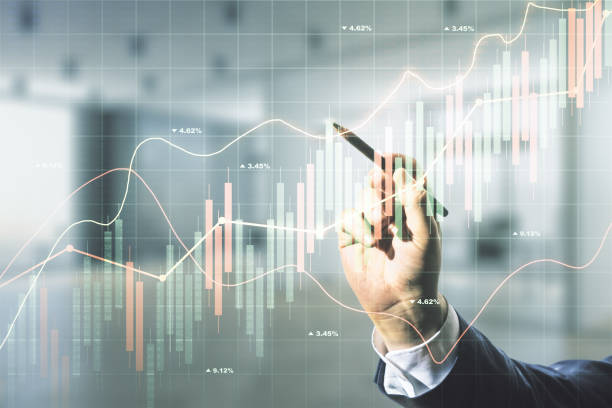Trading stock index futures is an art that requires skill, knowledge, and discipline. It involves speculating on the future direction of a particular stock market index, such as the S&P 500 or Dow Jones Industrial Average. This form of trading offers numerous opportunities for profit but also carries significant risks. One key aspect of trading stock index futures is understanding how these contracts work. A stock index future is a financial derivative contract that represents a specific value based on the performance of an underlying stock market index. Traders can buy or sell these contracts with the expectation that they will profit from changes in the value of the underlying index.
To successfully trade stock index futures, traders must analyze various factors that influence market movements. Fundamental analysis involves studying economic indicators, corporate earnings reports, and geopolitical events How to trade stocks to assess overall market conditions. Technical analysis focuses on chart patterns and price trends to identify potential entry and exit points for trades. Risk management is another crucial element in trading stock index futures. Traders should set clear risk parameters by determining their maximum acceptable loss per trade or per day. Stop-loss orders can be used to automatically close out positions if prices move against expectations beyond a predetermined level.
Emotional control plays a vital role in successful trading as well. The volatility inherent in stock markets can trigger fear or greed among traders, leading them to make impulsive decisions based on emotions rather than rational analysis. Developing discipline and sticking to pre-determined strategies are essential for long-term success. Leverage is another characteristic unique to futures trading which amplifies both profits and losses compared to traditional equity investments. While leverage allows traders with limited capital to participate in larger trades, it also increases risk exposure significantly.
Furthermore, staying informed about global news events impacting financial markets is crucial when trading stock index futures since these instruments are highly sensitive to macroeconomic developments worldwide. In recent years, algorithmic trading has gained popularity within this field. These computer programs use complex mathematical models to execute trades automatically based on predefined rules and parameters. While algorithmic trading can provide advantages such as speed and efficiency, it also carries risks if not properly monitored.
Lastly, continuous learning is essential for traders looking to master the art of trading stock index futures. Markets are constantly evolving, and staying updated with new strategies, tools, and techniques is crucial for adapting to changing market conditions. In conclusion, the art of trading stock index futures requires a combination of skill, knowledge, discipline, risk management, emotional control, leverage understanding global events’ impact on markets. It is an ongoing process that demands continuous learning and adaptation. Traders who approach this form of trading with dedication and a commitment to mastering their craft have the potential to achieve success in this dynamic field.

